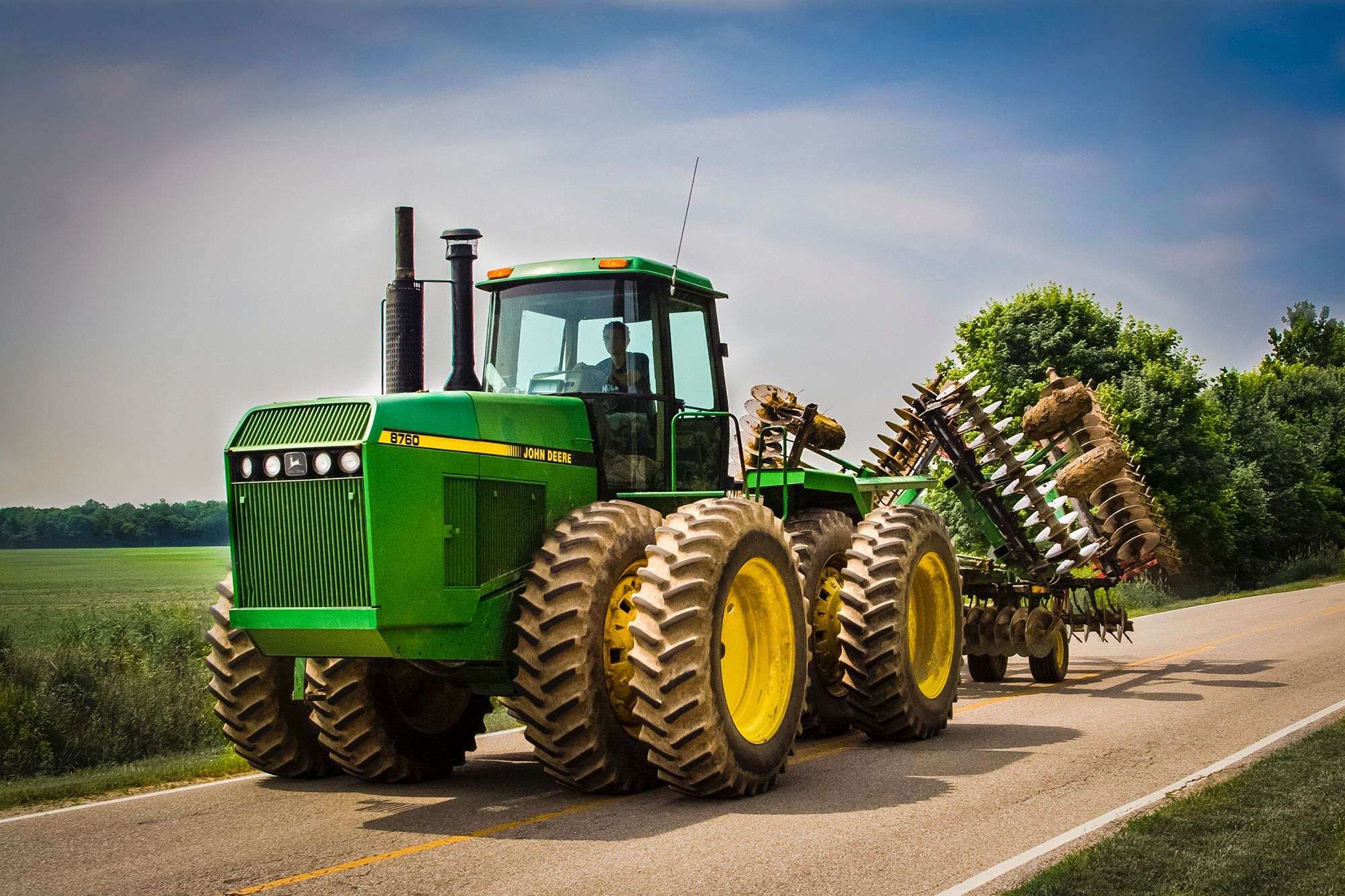
Mardis Coers/Getty Images
The task of repairing your tractor or farm equipment seems like it should be a simple thing to do but in some cases, it proves to be much more difficult than it should be. This is because of the legislation which has been introduced in certain states, creating questions as to whether a farmer has the right to repair their own equipment or not.
With ownership and intellectual property rights under scrutiny, what can a farmer do when they need to repair some farming equipment?
Legislative Questions
In January of this year, the Right to Repair Act (LB 1072) was introduced in Nebraska Legislature, but it didn’t make it through the local districts or congress. However, a similar bill is anticipated within the coming year; and if it gains traction, it will affect both farmers and dealers alike.
The act would make sure equipment dealers gave farmers access to their software, which is currently protected by copyright laws. By gaining access, it would enable equipment owners to make their own repairs and would also give them the ability to make any modifications they wanted. However, this movement in a number of states, including Nebraska, has caused much confusion for farmers as they question what rights they have when it comes to their own equipment.
For example, one common misconception is that farmers do not own their own equipment and are therefore unable to make even the most simple of repairs. This isn’t the case. Famers do own their equipment, which gives them the right to work on it to perform tasks such as changing their oil or tires. But what they aren’t able to do is tinker or tamper with their newer machines’ software.
Repairing Parts
Say, for example, a farmer went to the trouble of finding Bush Hog Parts. They are then entitled to put these on the tractor without the assistance of others because they own both the vehicle and parts.
But if the same farmer then wanted to do something with the software, they’d be unable to due to the Digital Millennium Copyright Act (DMCA). This act protects the creators of the software, making it illegal for others to hack into this software in order to recreate or redistribute it. However, there are some exemptions.
One such exemption was made for agriculture equipment, allowing owners to make repairs that could be classed as “tinkering”. This gave individual farmers the right to bypass their equipment’s software to make certain repairs so long as they weren’t violating any regulation or safety laws that had been established by government agencies, e.g. the Environmental Protection Agency.
Knowing Your Rights and Restrictions
Through this exemption, farmers are able to make modifications to their equipment themselves but they couldn’t have these services performed by an independent repair shop. And one farmer cannot repair or modify another farmer’s machine. Furthermore, these exemptions will only be valid for three years before a farmer needs to have them renewed but federations do want to make the exemptions permanent.
Another component of the Nebraska Right to Repair act is to give farmers access to diagnostic equipment and operating manuals, which are only available to dealerships at present. This would provide farmers with valuable sources of information that would allow them to work on their equipment with greater ease.
A Safety or Regulatory Issue?
Some farmers and consumers have suggested that the safety concerns raised could just be a smokescreen. But manufacturers have reinforced that these safety regulations are there for a reason as farmers are not only at risk of injuring themselves but others too. Furthermore, as farmers are prohibited from changing their equipment in a way that goes against the emission standards and federal safety measures that have been put in place, if they carry out unauthorized repairs, they could see themselves facing criminal or civil penalties.
Another misconception is that with the liability law, all blame or responsibility will be switched over to the owner. However, this isn’t the case, as the manufacturer and dealer still are liable when modifications have been added.
In summary; farmers aren’t entirely restricted in the repairs that they carry out on their vehicles, so long as they have familiarized themselves with what they can and can’t do when it comes to the software of their tractors. It’s also important that they understand the complexities of the software because without the right know-how they could be causing more harm than good. Some manufacturers are looking to offer training programs to help provide farmers with a greater understanding of the software that they’re working with.
Alexander Clayton grew up on the farm that he now runs. A third generation farmer, Alex is keen to help other farmers succeed and encourage the younger generation to not overlook this hard yet rewarding career path.





Leave a Comment